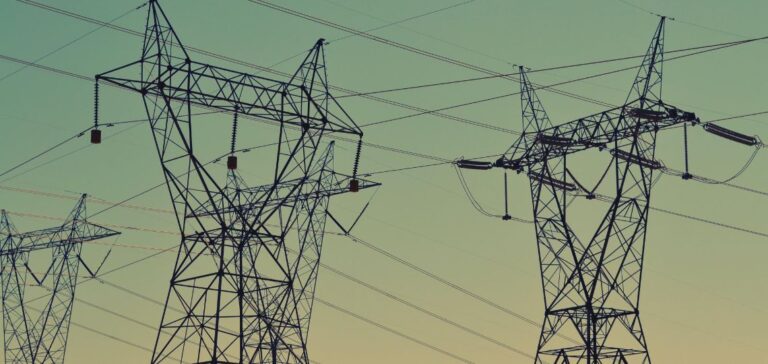The European Court of Auditors has estimated that European Union member states will need to commit €1.871 trillion in investments by 2050 to modernise their electrical networks. The institution emphasises that this overhaul has become imperative due to the expected surge in electricity demand, the obsolescence of current infrastructure, and the need to strengthen the bloc’s energy independence. Electricity demand is forecast to more than double over the next 25 years, making these systems critical to industrial competitiveness and internal market stability.
Ageing infrastructure under mounting pressure
Approximately half of Europe’s current distribution lines are over 40 years old, with some dating back to the post-World War II era. This state of disrepair strains member states’ ability to accommodate new energy flows, particularly from non-conventional sources. The Court highlights the urgency of adapting the grids to better integrate renewable energy and support the progressive electrification of consumption. A lack of coordination in national planning and long permitting procedures significantly hinder large-scale projects.
Network optimisation and national initiatives
France recently announced a €100bn plan over fifteen years to adjust its grid for these challenges, especially in facilitating electricity transport between production sites — such as nuclear power plants or photovoltaic fields — and zones of consumption. At the European level, the Court recommends greater flexibility in grid management to mitigate the impact of consumption peaks and seasonal production variations.
Towards digital tools and increased interconnections
Developing interconnections between member states and expanding large-scale storage are identified as key levers to reduce stress on the network. According to the Court, wider use of smart meters could also play a significant role, though adoption rates vary widely across the bloc. Keit Pentus-Rosimannus, Member of the European Court of Auditors, stated that “to ensure the EU’s competitiveness and autonomy, we need modern infrastructure to support our industry and keep prices affordable.”





















